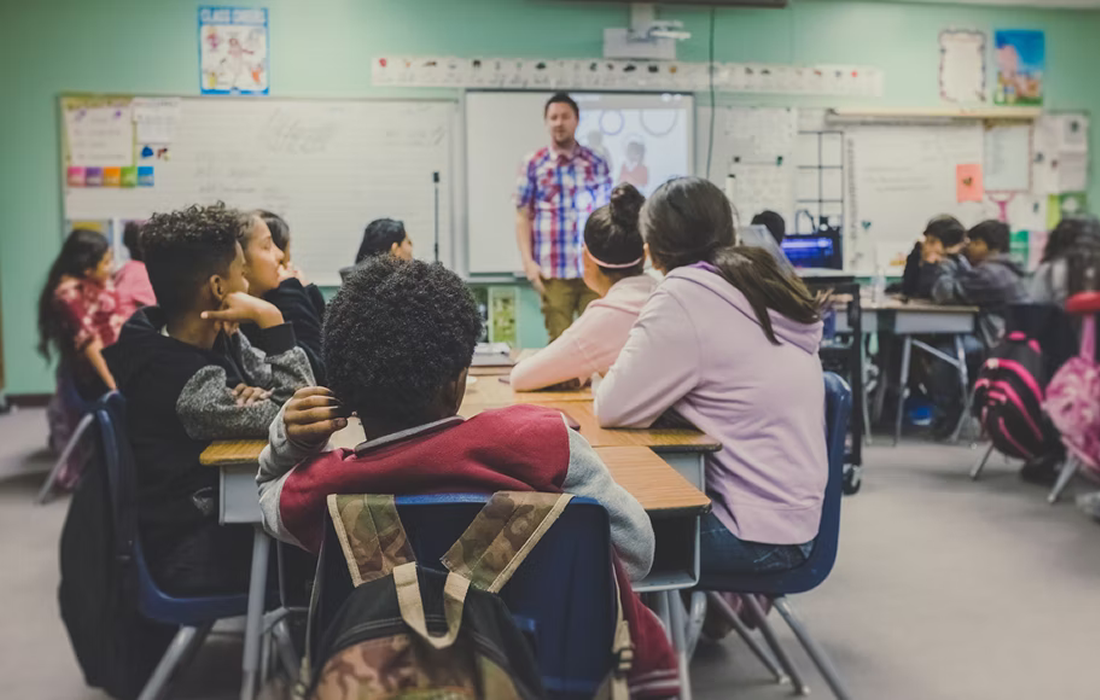Regenerative Medicine News and General Information
New Study Found that Medication Has no Detectable Impact on How Much Children with ADHD Learn
Stimulant medications have always been seen as an aid for children with attention deficit hyperactivity disorder (ADHD) to learn. However, in a recently published study, researchers at the Center for Children and Families at Florida International University, have found that medication has no detectable impact on how much children with ADHD learn in the classroom.
Up to 10% of children in the U.S. are diagnosed with ADHD and more than 90% of them are prescribed stimulant medication as the main treatment.
For the study, researchers evaluated children between ages 7 and 12 with ADHD participating in a Summer Treatment Program, which consisted of 8 weeks of the camp program for children with ADHD and related behavioral, emotional, and learning challenges.
The study included a total of 173 children with ADHD. They completed 2 consecutive phases of daily, 25-minute instruction in vocabulary and subject-area content in science and social studies.
The children were randomized to receive a sustained-release stimulant medication during either their first or second phase, and receive a placebo during the other.
The team found that children learned the same amount of content whether they were taking the medication or the placebo.
The researchers did find that those taking medication had a slight improvement in test scores when medication was taken during a test day, but not enough to boost children’s grades.
Previous studies have also found that behavioral therapy when used first is more effective in treating children with ADHD than medication, and contrary to medications, it does not have side effects.
Source:
Rosanna Castro. (2022, May 23). Long thought to be the key to academic success, medication doesn’t help kids with ADHD learn, study finds. FIU News. Retrieve from:
Image from:
Photo by Kenny Eliason on Unsplash

